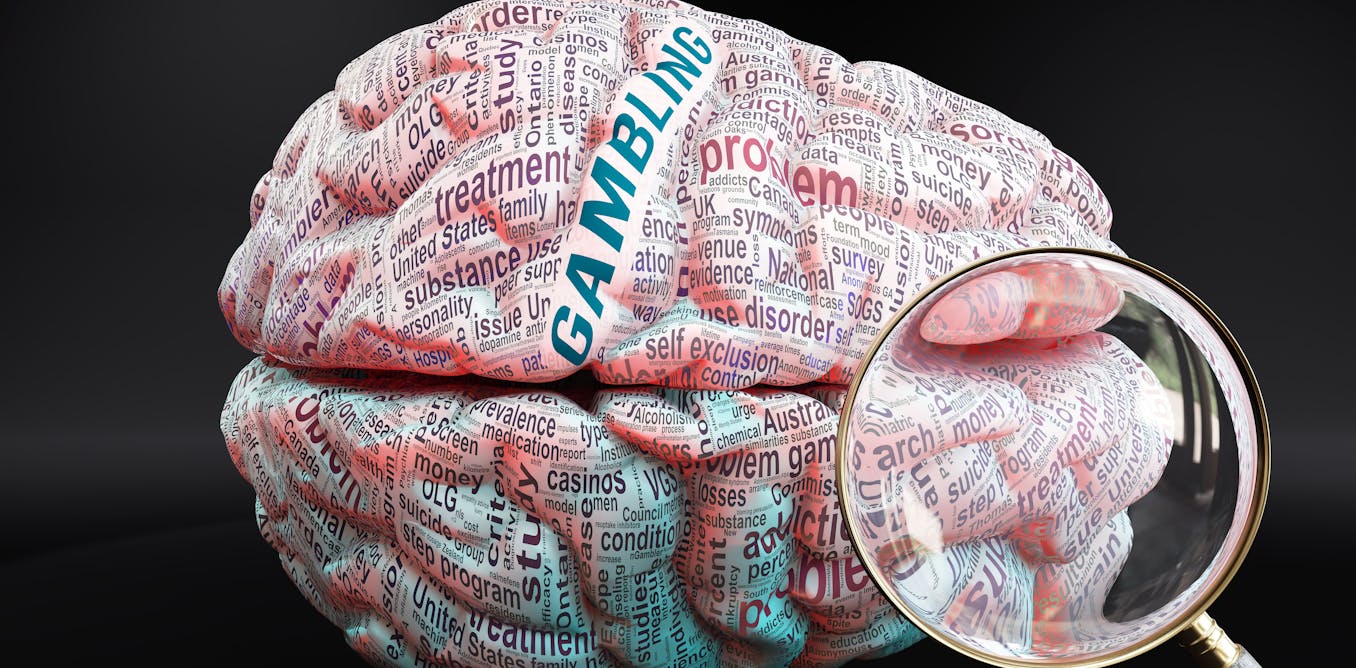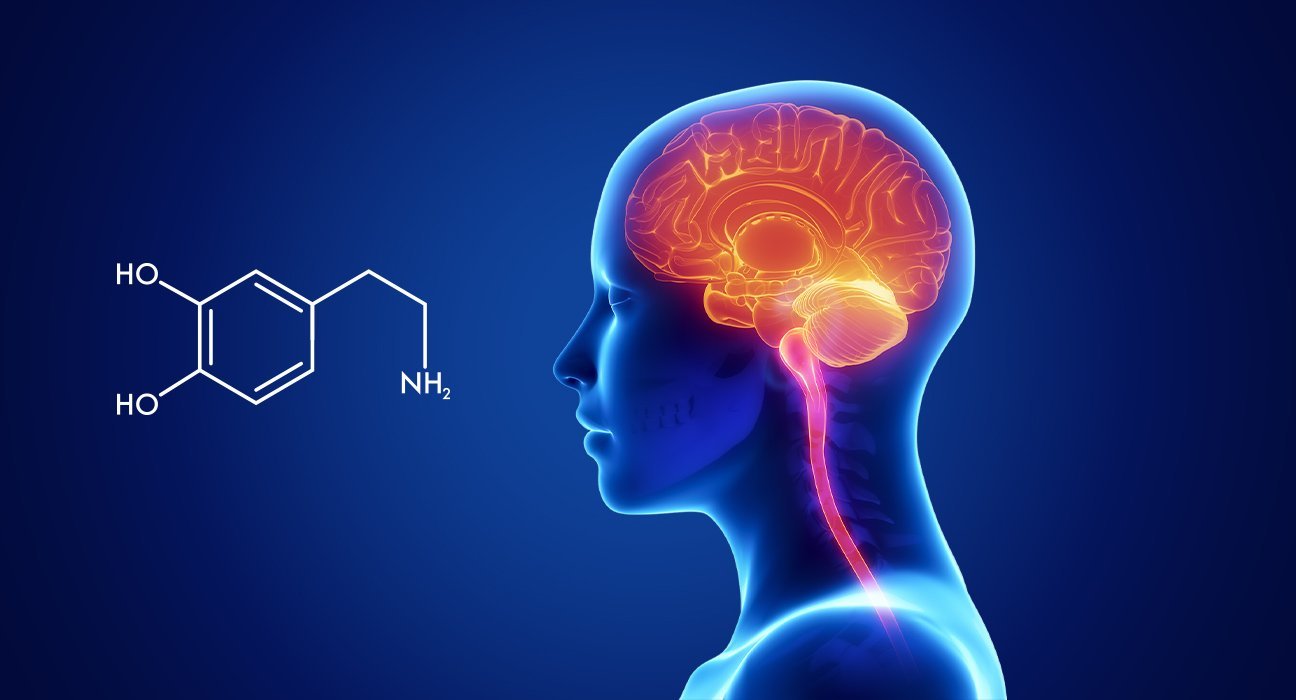Gambling has long been a popular pastime, attracting people from all walks of life with the promise of excitement and the potential for a big win. But what exactly is it about gambling that can be so addictive? Scientists have been studying the role of dopamine, a neurotransmitter that plays a key role in the brain’s reward system, in the highs and lows of gambling. Dopamine is known to be released in response to pleasurable activities, reinforcing behavior that leads to positive outcomes.
In the context of gambling, the thrill of taking a risk and the anticipation of a possible reward can trigger a surge of dopamine, creating a euphoric feeling often referred to as the gambler high. As researchers delve deeper into the science behind this phenomenon, they are uncovering valuable insights into the mechanisms that drive compulsive gambling behavior.
The Role of Dopamine in Gambling Addiction

The Role of Dopamine in Gambling Addiction is a complex interplay between neurobiology and behavior. Dopamine, a neurotransmitter associated with pleasure and reward, plays a key role in the development and maintenance of gambling addiction. When individuals engage in gambling activities, dopamine levels in the brain can increase, creating a sense of euphoria and excitement.
This dopamine release reinforces the behavior, making it more likely that the individual will continue to gamble despite negative consequences. Over time, this cycle can lead to the development of a gambling addiction, as the brain becomes increasingly reliant on dopamine to experience pleasure. Understanding the role of dopamine in gambling addiction is crucial for developing effective treatment strategies and interventions for those struggling with this disorder.
Dopamine and the Brains Reward System

Dopamine is a key neurotransmitter in the brain’s reward system, playing a crucial role in our experiences of pleasure and motivation. When we engage in rewarding activities, such as gambling, dopamine is released in the brain, creating a sense of anticipation and excitement. This surge of dopamine reinforces our behavior, making us more likely to repeat the activity in search of the same pleasurable feeling.
The cycle of dopamine release and reward-seeking behavior can lead to addictive tendencies, as individuals continue to chase the high associated with gambling. Understanding the role of dopamine in the brain’s reward system can provide insights into the science behind the allure of gambling and the potential mechanisms underlying addictive behaviors.
The Link Between Dopamine and Risk-Taking Behavior in Gambling

Dopamine plays a significant role in the brain’s reward system, which can influence risk-taking behavior in gambling activities. Studies have shown that when individuals engage in gambling, the brain releases dopamine in response to the anticipation of a potential reward. This surge in dopamine can lead to feelings of pleasure and excitement, motivating individuals to continue taking risks in hopes of winning big.
However, excessive gambling can lead to a dysregulation of the brain’s dopamine system, resulting in addictive behaviors and compulsive gambling tendencies. Understanding the link between dopamine and risk-taking behavior in gambling can provide valuable insights into the science behind the high that many gamblers experience.
Conclusion
In conclusion, the relationship between dopamine and gambling is a complex one that involves the brain’s reward system and can lead to addictive behavior for some individuals. The rush of dopamine that comes with winning a bet or hitting the jackpot can be incredibly enticing, but it is important to recognize the potential consequences of chasing that high.
By understanding the science behind dopamine and gambling, we can work towards developing healthier habits and seeking help if needed. Whether it’s playing online slots or visiting a casino, awareness of the neurobiological processes at play can help us make more informed choices and strike a balance between enjoyment and responsible behavior.




